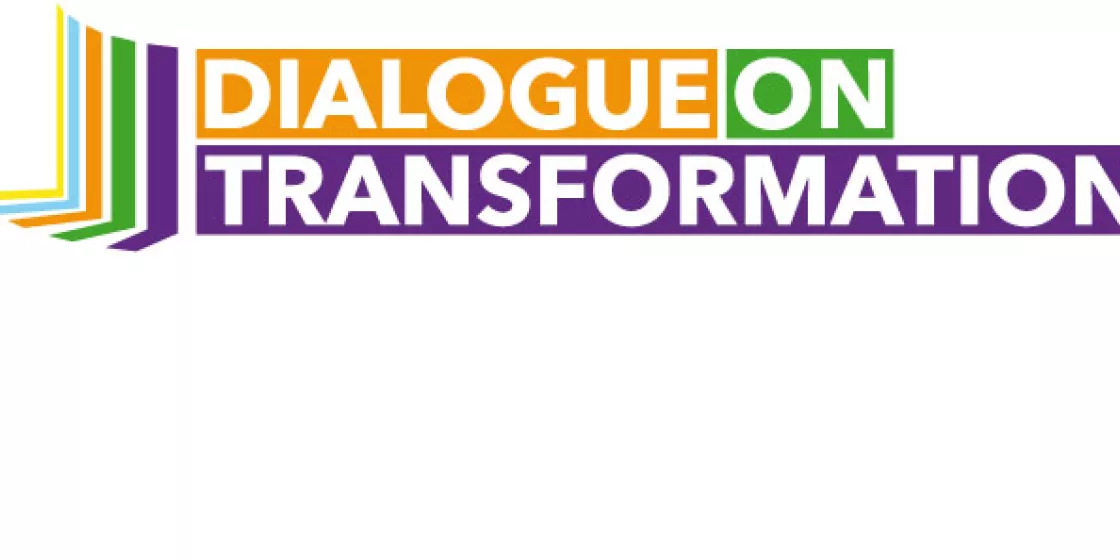Background
The world is rapidly changing. Geopolitical power is shifting and planetary boundaries become obvious. Never before in history has the number of hungry and chronically undernourished people climbed to such levels, and the prospects to halve poverty until 2015 – and eventually end world hunger – are dire. Climate change and the competition for limited resources require a complete reversion of dominant energy systems and a full recognition of our planetary boundaries.
The crises of climate change, fossil fuel based energy systems and food security are – as recognised by scientists, policy makers, and civil society – increasingly interlinked. Systemic thinking, institutional analysis and multilevel approaches must be applied in order to tackle these challenges comprehensively.
Right to food AND access to affordable energy in the context of planetary boundaries
Today, one billion people on earth suffer constant hunger, at the same time, about 1.5 billion people live without access to electricity, while a large share of those on grid face unstable supply conditions. Yet realizing and improving access to energy for all can conflict with realizing the basic human right to food and the right to water. For instance, the mining of coal, oil or gas often occupies and pollutes land and water. Moreover, given that planetary boundaries are already overstressed, both food and energy production must be environmentally sustainable. Renewable energy sources, including fuel wood, (small) hydro power, or local biogas need not only become affordable and reliable but must also be tapped in ways that preserve ecosystem resilience and minimize greenhouse gas emissions. This requires joint strategies for sustainable forms of agriculture and the use of energy. Small scale solutions will be an important part of those strategies.
Bottom-up AND top-down strategies
Multilateral UN negotiations on preserving biodiversity, preventing dangerous climate change, and reversing desertification are ongoing but so far failed to create the momentum to spur the necessary scale of transitions in energy and agricultural production systems worldwide. Given changing geopolitical power relations and the remaining abstinence of the USA, prospects for much increasing political ambition at the multilateral level in the coming years are dire. Several concrete national and international initiatives as well as numerous on-the-ground projects exist to provide access to energy, and to improve food security. This all supports a transformation towards a sustainable and low risk energy and food system. Yet many of these initiatives and projects are single-issue oriented and do not respond to the multiple challenges. And their mosaic diversity does not add up to creating systemic transitions either. Innovative strategies are needed that build bridges between local projects and national and international politics, so as to speed up the overall transition and maximize its democratic legitimacy.
Policy engagement AND movement building
Both at the political level and in the field, civil society organisations face increasing pressure from corporate interests that try to tilt transitions towards their benefit. Many access-to-energy initiatives are corporate driven, while the launch of a second “green revolution” in agricultural production is under way. All signs indicate that capital control and political influence of multinational companies will further increase in the years ahead. Civil society organisations will keep playing David against Goliath. To encounter this power imbalance with joint strategies and diverse roles, building a movement is as important as enhancing strategies to influence politics. This perspective should allow CSOs to argue in a horizon beyond national restrictions, but taking them into account. Innovative strategies will seek to strengthen civil society’s twin societal supremacy: fighting for the common good, with as broad a democratic legitimacy as possible.
Conference
It was the aspiration of Germanwatch together with the Institute for Agriculture and Trade Policy (IATP) and international NGOs to initiate a discourse of civil society organisations on strategic approaches to the challenges mentioned above and thus build momentum for the needed Great Transformation.
Discussion has been focused on strategies of NGOs as well as on alliances with other civil society actors and how to best shape the necessary transformation.
Debates have been based on information exchange, sharing of successfully proven policy, social movements and civil society approaches, as well as on fresh ideas and innovative methods to tackle the multiple crises.
In approaching two crucial topics within the realm of the Great Transformation (energy/climate and agriculture/food security), we have hoped to encounter the various synergies that have emerged from this gathering of experts and topics. Within this process, intercultural dimensions and the various roles of civil society actors in different regions and settings have been highly relevant. According to discussions inside the steering group, we positioned the top priority of the Great Transformation in triggering systemic changes towards renewable and viable energy and agricultural systems that reduce not only poverty and hunger and contribute to mitigating climate change, but support the path towards new models of prosperity and real wealth.


